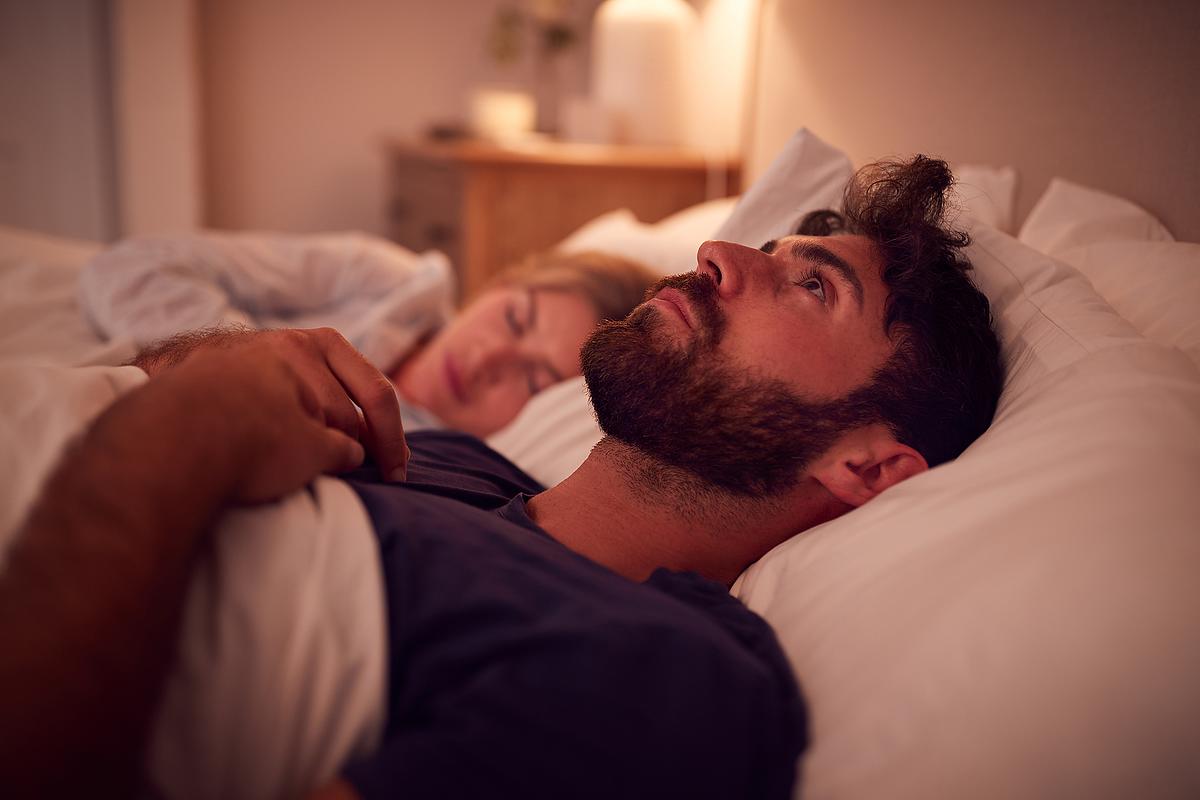5 Common Causes of Insomnia & How to Help Avoid It (No. 3 Is Surprising) by Dr. Vikki Petersen

Did you know that you could be getting the full eight hours of “sleep” a night as recommended by doctors and still have insomnia? When thinking of insomnia, most people think of the tossing and turning, and the staring at the ceiling in bed for hours that is commonly depicted in movies. However, the definition of insomnia is much broader.
Insomnia is the inability to fall asleep, stay asleep or feel rested upon awakening. Even if someone “feels” as if they slept, if they are in a very light sleep or have a lot of interruptions in their sleep, it is still considered insomnia.
The effects of Insomnia can be reduced and in most cases, stopped completely. Here are the top five common causes of insomnia and what to look out for:
- Food Allergies or Sensitivities: Your immune system works at night when you are deeply asleep. It requires a stable blood sugar level to perform its activities. If you are eating foods you are allergic to or sensitive to your blood sugar will tend to be more erratic resulting in food cravings and needing to eat more often. The unstable blood sugar will, during the night, result in a decreased melatonin level and a loss of deep sleep.
- Hormone Imbalance: Melatonin is your sleep hormone and you need it to be produced at normal levels to enjoy good sleep. A variety of lifestyle factors can interrupt melatonin production including engaging in stressful activities at the end of the day, bright light before bedtime, the lack of a darkened and cool room in which to sleep, a heavy meal before bed and more. The male and female sex hormones similarly need to be balanced to enjoy a deep and restorative sleep. Diminished hormonal levels around the menstrual cycle, during menopause along with deficient testosterone in men (for a variety of causes) all tend to cause insomnia.
- Hidden Infections: It is during sleep that your immune system releases cells (NK or natural killer cells) that compose your immune defense army. It is the design of your body to “clean house” and rid you of any inhospitable bacteria, viruses, toxins and cancer cells during rest. This is why if you have a bad flu or cold, all you want to do is sleep. Your immune system’s cells require a steady fuel source to accomplish their nocturnal activities. If an infection or toxicity is chronic, meaning your body has been trying to deal with it for a while, there has been a long-term drain on your immune system and its cells. The added burden to “clean house” activities from these chronic issues can create a steep drop in blood sugar during the night, forcing your body to come out of sleep. These hidden infections or toxins must be identified and treated (naturally, if possible) to unburden your overtaxed immune system and facilitate sleep.
- Low Blood Sugar: Your metabolic rate is designed to slow down during sleeping hours so that you do not need to eat at that time. However, factors that cause your blood sugar to dip too low during sleep (infections, poor food choices, food sensitivities, etc.) will result in your body coming out of sleep to prevent a low blood sugar “coma.” It is a protective response of your body to awaken you.
- Excessive Caffeine: It is estimated that about 12 percent of the caffeine contained in your morning’s cup of coffee is still present at bedtime. For many this isn’t enough to disrupt sleep, but it can be a component for some. If you have trouble sleeping, consider holding off on the caffeine for a week and notice if your sleep improves.
Note: 30Seconds is a participant in the Amazon affiliate advertising program and this post contains affiliate links, which means we may earn a commission or fees if you make a purchase via those links. The content on 30Seconds.com is for informational and entertainment purposes only, and should not be considered medical advice. The information on this site should not be used to diagnose or treat a health problem or disease, and is not a substitute for professional care. Always consult your personal healthcare provider. The opinions or views expressed on 30Seconds.com do not necessarily represent those of 30Seconds or any of its employees, corporate partners or affiliates.
Take 30 seconds and join the 30Seconds community, and follow us on Facebook to get inspiration in your newsfeed daily. Inspire and be inspired.
Related Products on Amazon We Think You May Like:
30Second Mobile, Inc. is a participant in the Amazon Services LLC Associates Program, an affiliate advertising program designed to provide a means for us to earn fees by linking to Amazon.com and affiliated sites.















join discussion